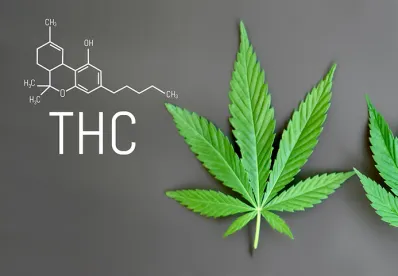-
On January 7, 2020, a European Food Safety Authority (EFSA) report looked at tetrahydrocannabinol (THC) levels in 12 different categories of hemp foods, including hemp oil, breads and teas. EFSA also reviewed THC levels in foods, like cereals, pasta, chocolate, and beer. More than 1,500 samples were collected from countries, such as Romania, Czech Republic, Germany, and Italy.
-
In its report, EFSA noted that THC levels in people ingesting large amounts of hemp products could exceed a safety threshold for THC in food, which could potentially lead to effects on the central nervous system and an increased heart rate. The report noted that little is known about the number of people eating hemp products or how much those people may be consuming.
-
In the European Union (EU), varieties of hemp that are cultivated and used for feed must be listed in the EU’s ‘Common Catalogue of Varieties of Agricultural Plant Species’. Although the EU allows some varieties of hemp to be used in food, it limits the amount of THC. According to Regulation (EU) No 1307/20131, the maximum content of THC in these varieties is limited to 0.2 %. THC is currently not regulated under any EU regulation for food; however, member states, like Italy and Germany have set their own regulations governing THC.
-
The European report called for additional studies, and the authors stated that THC testing in food is far from exact as “there is documented uncertainty with the exact quantification of THC in food due to analytical methods, extraction efficiency as well as in relation to conversions related to food processing.” We will continue to monitor any developments.
European Food Safety Authority Warns that Eating Hemp Foods Can Cause Elevated THC Levels if Ingested in High Quantities
Thursday, January 23, 2020
Current Public Notices
Published: 15 September, 2025
Published: 15 September, 2025
Published: 9 September, 2025
Published: 9 September, 2025
Published: 8 September, 2025
Published: 4 September, 2025
Published: 28 August, 2025
Published: 25 August, 2025
Published: 22 August, 2025
Published: 20 August, 2025
Published: 20 August, 2025
Published: 18 August, 2025
Published: 11 August, 2025
Published: 8 August, 2025
Published: 26 June, 2025



 />i
/>i

